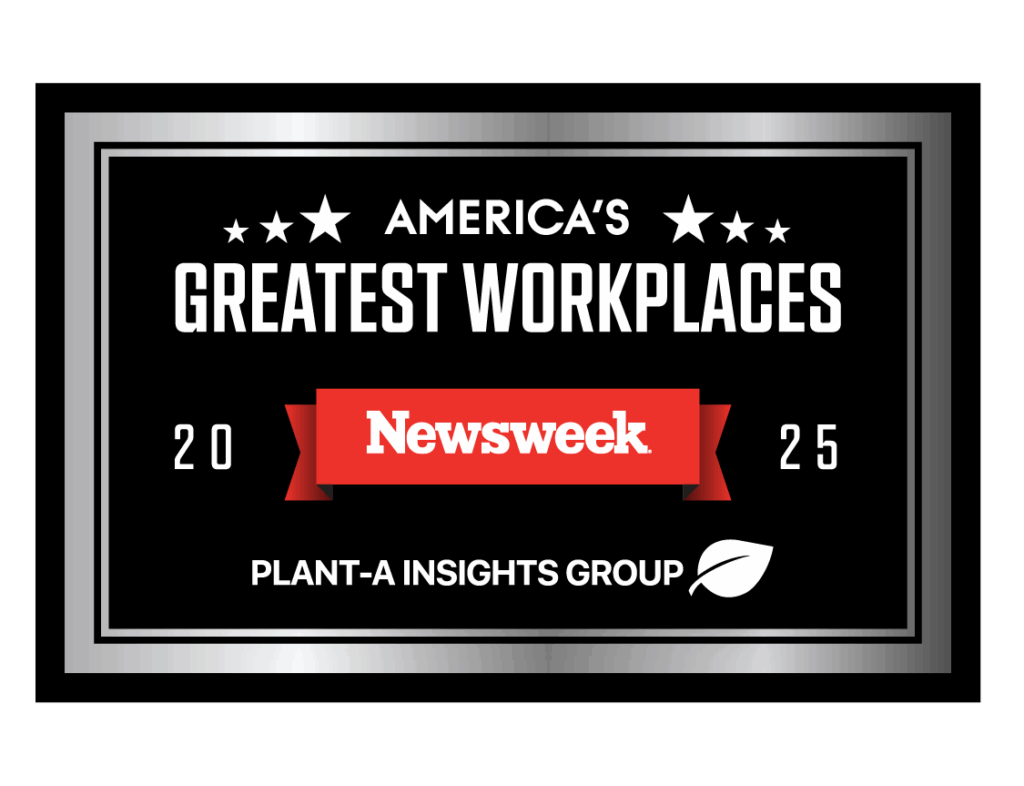by Allan Samuels
As we learn more about COVID-19, it’s becoming clear that the virus can spread through the air. HVAC systems can play a role in mitigating this airborne transmission—if they are properly configured. The WHO, the CDC and ASHRAE have released guidelines for proper HVAC operation and maintenance in these current circumstances. There are a variety of technologies that can increase the ability of a commercial HVAC system to combat COVID-19 and other airborne pathogens:
Ventilation
The first—and very important—factor is ventilation. Proper ventilation is a best practice for indoor air quality. While it is not enough on its own to prevent transmission of COVID-19, ventilation that increases the percentage of outside air sources can be a part of a larger strategy to reduce the spread. In addition to basic actions such as opening windows and doors, configuring existing HVAC systems to draw from an outside air intake can improve indoor air quality. If the existing system is unable to match the recommended amount of ventilation, a DOAS (dedicated outdoor air system) unit may be needed. A DOAS conditions outdoor air, which improves indoor air quality and helps to control humidity in your building year-round.
MERV and HEPA Filtration
An air filter’s ability to capture and hold airborne particles is expressed by its MERV, or minimum efficiency reporting value. HEPA (high-efficiency particulate air) and ULPA (ultra-low particulate air) filters go beyond the ability of the highest-rated MERV filters to block bacteria and viruses in indoor air circulation. HEPA filters are required to remove 99.97% of particulates from .15 μm (microns) to .2 μm in size. A study from Harvard’s T.H. Chan School of Public Health found that an increase in air pollution of fine particulate matter of only 1 μg/m3 (one microgram per cubic meter of air) is associated with an 8% increase in the COVID-19 death rate. In other words, there is strong evidence that proper air filtration helps to control the spread of COVID-19 in indoor air.
Humidity Control
Another major but often-overlooked factor is humidity. COVID-19 is more transmissible in air with a relative humidity less than 40%. This is due to three factors:
- Tiny droplets containing the COVID-19 virus can travel long distances while suspended in the air. When these droplets encounter a hydrated host—such as a human being—they can rehydrate and spread.
- Many viruses show increased viability in conditions of low relative humidity.
- The effects of a relative humidity less than 40% on the human body make mucus membranes and other immune system functions less effective at preventing transmission.
UV Light
The effectiveness of UV germicidal light in purifying surfaces is well known. More recently, interest has turned toward its use in filtration systems and its installation near the ceiling (to prevent human exposure) and in HVAC ducting. While widespread testing has yet to be conducted on the ability of UV-C to kill COVID-19, it has been proven successful in dealing with measles, tuberculosis and SARS.
Air Ionization
This technology uses a static charge to pull particles such as aerosols out of the air and neutralize their ability to infect others. A recent Spanish study found that air ionization drastically decreased the amount of a virus similar to COVID-19 that passed into a simulated hospital ward. This study helped to confirm that, when combined with traditional filtration and good ventilation, air ionization can massively decrease the spread of COVID-19.
Zone Pressurization
While it doesn’t directly attack COVID-19 and other viruses, zone pressurization can be an incredibly potent tool by isolating high-risk areas. The flow of air and contaminants can be significantly decreased in “clean” areas when air pressure in those zones is kept higher than the pressure of high-traffic, public areas.
As more and more evidence confirms that a major vector of COVID-19 is airborne transmission and suspended aerosols, consumers and employees are choosing indoor environments that have properly configured HVAC systems. In a time like this—when air quality is more important than ever—CoolSys can provide a variety of services to get your HVAC system COVID-ready.
About the Author Allan Samuels is president of CoolSys Energy Design, a premier national and international consulting engineering firm providing innovative mechanical, electrical, plumbing and refrigeration (MEPR) building design strategies and services, as well as construction administration and commissioning services. For over 35 years, Allan Samuels has distinguished himself as an expert in supermarket engineering with passion for innovative solutions that integrate leading edge, sustainable technologies and systems. During the COVID-19 pandemic, he has been applying his expertise to provide HVAC operational best practices for the new normal. He is a graduate of Oxford Polytechnic in England.


